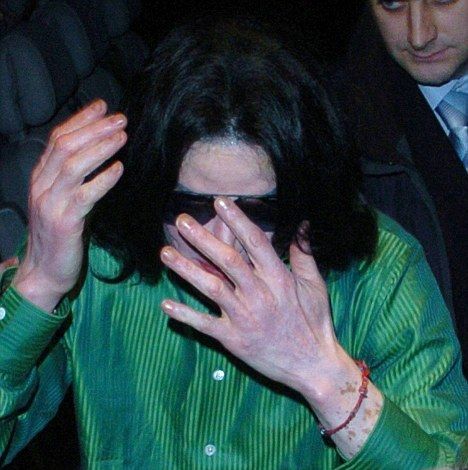脑力锻炼可能会在晚年加速痴呆
|
New research shows that mentally stimulating activities such as crossword puzzles, reading and listening to the radio may, at first, slow the decline of thinking skills but speed up dementia(痴呆) later in old age. The research is published in the September 1, 2010, online issue of Neurology®, the medical journal of the American Academy of Neurology(神经病学) . "Our results suggest that the benefit of delaying the initial signs of cognitive decline may come at the cost of more rapid dementia progression later on, but the question is why does this happen?" said study author Robert S. Wilson, PhD, with Rush University Medical Center in Chicago. According to Wilson, mentally stimulating activities may somehow enhance the brain's ability to function relatively normally despite the buildup of lesions(损害) in the brain associated with dementia. However, once they are diagnosed with dementia, people who have a more mentally active lifestyle are likely to have more brain changes related to dementia compared to those without a lot of mental activity. As a result, those with more mentally active lifestyles may experience a faster rate of decline once dementia begins. Wilson noted that mental activities compress the time period that a person spends with dementia, delaying its start and then speeding up its progress. "This reduces the overall amount of time that a person may suffer from dementia," he said. For the study, researchers evaluated the mental activities of 1,157 people age 65 or older who did not have dementia at the start of the nearly 12-year study. People answered questions about how often they participated in mental activities such as listening to the radio, watching television, reading, playing games and going to a museum; for this five-point cognitive activity scale, the more points scored, the more often people participated in mentally stimulating exercises. During the next six years, the study found that the rate of cognitive decline in people without cognitive impairment(损害,伤害) was reduced by 52 percent for each point on the cognitive activity scale. For people with Alzheimer's disease, the average rate of decline per year increased by 42 percent for each point on the cognitive activity scale. |








